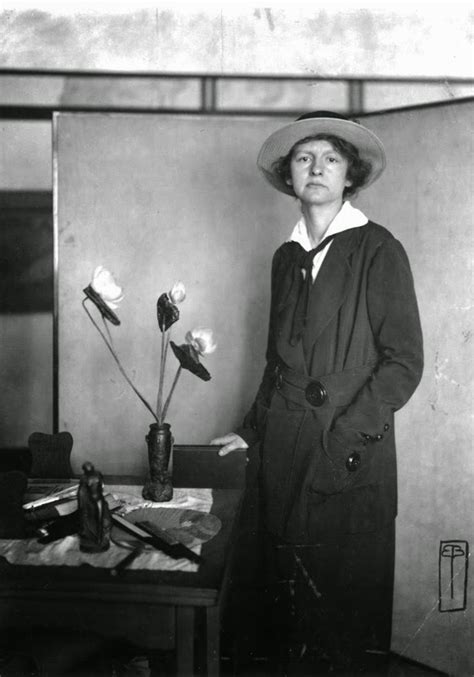A Quote by W. E. B. Du Bois
It is, then, the strife of all honorable men and women of the twentieth century to see that in the future competition of the races the survival of the fittest shall mean the triumph of the good, the beautiful, and the true; that we may be able to preserve for future civilization all that is really fine and noble and strong, and not continue to put a premium on greed and imprudence and cruelty.
Related Quotes
I am among those who believe that our Western civilization is on its way to perishing. It has many commendable qualities, most of which it has borrowed from the Christian ethic, but it lacks the element of moral wisdom that would give it permanence. Future historians will record that we of the twentieth century had intelligence enough to create a great civilization but not the moral wisdom to preserve it.
While the law [of competition] may be sometimes hard for the individual, it is best for the race, because it insures the survival of the fittest in every department. We accept and welcome, therefore, as conditions to which we must accommodate ourselves, great inequality of environment, the concentration of business, industrial and commercial, in the hands of a few, and the law of competition between these, as being not only beneficial, but essential for the future progress of the race.
There are two races of people -- men and women -- no matter what women's libbers would have you pretend. The male is motivated by toys and science because men are born with no purpose in the universe except to procreate. There is lots of time to kill beyond that. They've got to find work. Men have no inherent center to themselves beyond procreating. Women, however, are born with a center. They can create the universe, mother it, teach it, nurture it. Men read science fiction to build the future. Women don't need to read it. They are the future.
We have known the bitterness of defeat and the exultation of triumph, and from both we have learned there can be no turning back. We must go forward to preserve in peace what we won in war. A new era is upon us. Even the lesson of victory itself brings with it profound concern, both for our future security and the survival of civilization. The destructiveness of the war potential, through progressive advances in scientific discovery, has in fact now reached a point which revises the traditional concepts of war.
No one "discovers" the future. The future is not a discovery. The future is not a destiny. The future is a decision, an intervention. Do nothing and we drift fatalistically into a future not driven by technology alone, but by other people's need, greed, and creed. The future is not some dim and distant region out there in time. The future is a reality that is coming to pass with each passing day, with each passing decision.



































